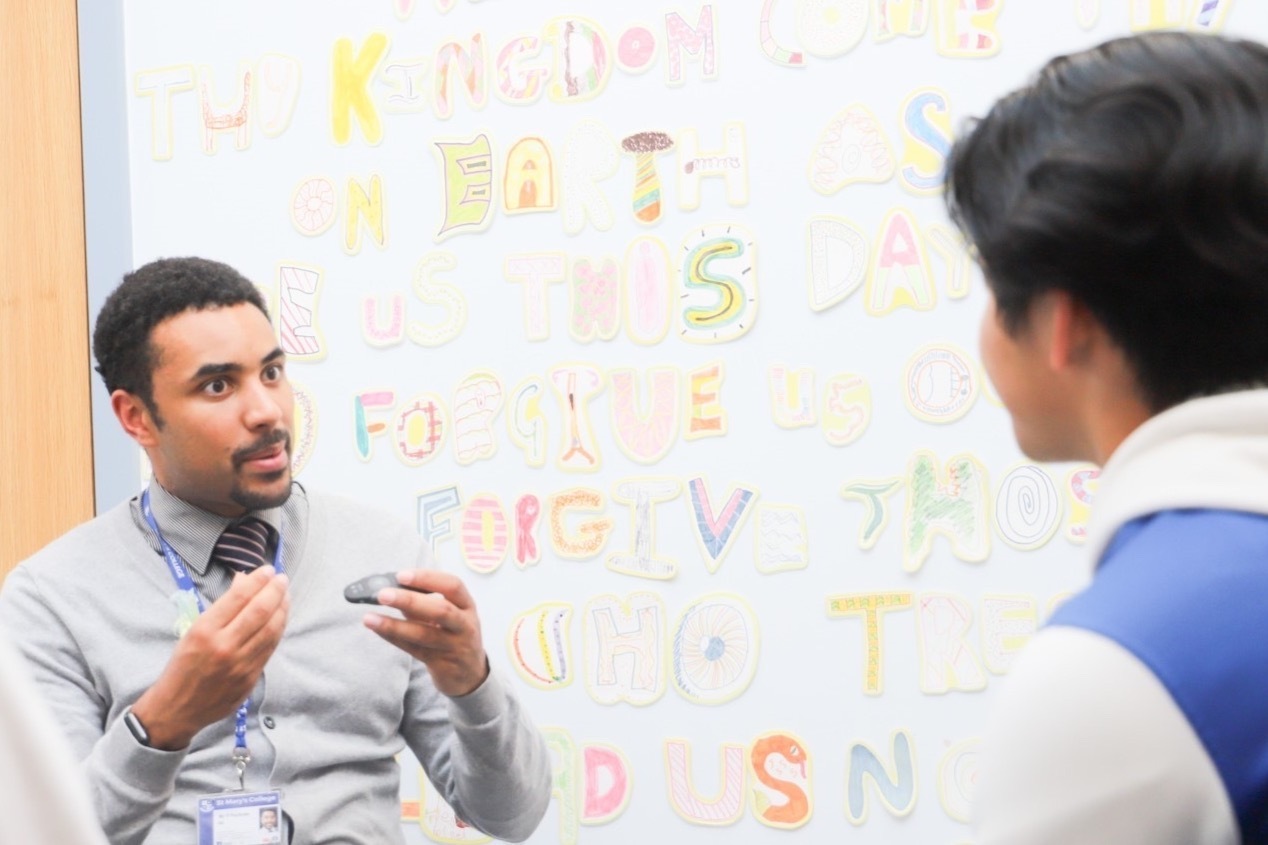Personal characteristics
- Professional conduct - you have consistently high standards of personal and professional conduct so that you will maintain high standards in ethics and behaviour both within and outside school and uphold public trust in the profession; you will be able to attend work and carry out tasks punctually in a regular and consistent manner. You will be tolerant and respectful of others’ actions and beliefs, upholding fundamental British values, such as democracy, the rule of law, individual liberty and mutual respect
- Genuine motivation to teach – you have an easily recognisable yet realistic enthusiasm for working with children and young people, treating them with dignity, being able to build relationships rooted in mutual respect, whilst at all times observing proper boundaries appropriate to your professional position
- Resilience and adaptability – you are proactive, self-motivated and have a ‘can do’ mentality; you can problem-solve, collaborate in a team and work well under pressure and have the energy and stamina to thrive in a challenging environment. You reflect on what you have learnt and constantly strive to improve.
- Communication and explanation – you can communicate your ideas clearly and in appropriate detail, with a high standard of spoken English. You can simplify concepts and adjust your language and level of explanation to suit your audience.
- Interpersonal skills – your confidence, enthusiasm and ability to listen and respond thoughtfully helps you to establish a rapport with others. You also have the humility, empathy and respect necessary to accept and act on feedback and learn from colleagues.
Expected knowledge
- Realistic understanding of the role of teachers – you are informed about the demands of the teaching profession and are aware of important priorities such as equal opportunities, inclusion and safeguarding.
- Knowledge of UK education system and curriculum – you have a basic understanding of the different stages into which UK education is organised, as well as some knowledge about the National Curriculum and the key assessments that UK pupils take. Your interest in education is also evident in your awareness of some current educational issues.
- Literacy and numeracy – you need to be able to write accurately, legibly and coherently, using correct spelling and punctuation; you also need a basic level of numeracy so that you can complete mathematical calculations fluently, solve mathematical problems and use data and graphs to interpret information, identify patterns, trends and draw appropriate conclusions. (Note – we assess your competencies with literacy and numeracy using diagnostic tests and, where necessary, offer additional support to help you reach the required level by the end of your training year).
